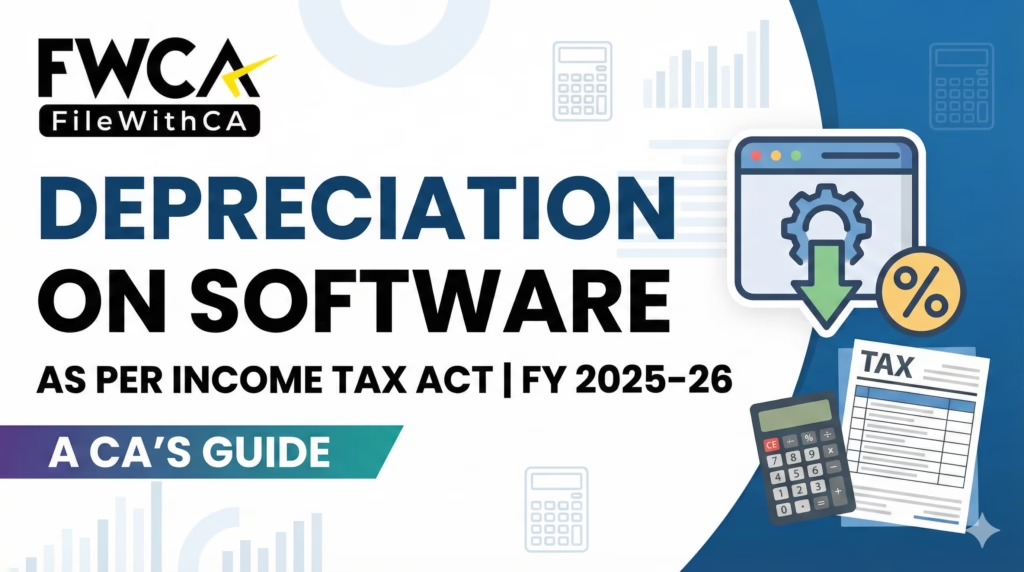Do You Need a Minimum Turnover for Pvt Ltd Company in 2024?

The concept of minimum turnover is often a subject of consideration for entrepreneurs and business owners planning to establish a private limited company. A private limited company, often abbreviated as Pvt Ltd, is a type of business entity that is privately held and offers limited liability to its shareholders. This article delves into the requirements for setting up and maintaining a private limited company, with a specific focus on whether a minimum turnover is a prerequisite in various jurisdictions.
In many countries, there is no specific minimum turnover requirement to establish or maintain a private limited company (Pvt Ltd). However, regulations can vary significantly depending on the jurisdiction. Generally, the requirements for a private limited company focus on aspects like the minimum number of directors, shareholders, and a certain amount of paid-up capital, rather than turnover.For instance, in India, there is no minimum turnover requirement to start or operate a private limited company. The focus is more on the minimum number of members (two), directors (two), and a certain amount of minimum paid-up capital, which can be quite low.
Similarly, in other jurisdictions like the UK, the requirements for a private limited company are more about the structure of the company and its reporting obligations, rather than its turnover.
It’s important to consult the specific regulations of the country in which you are interested to get accurate and up-to-date information. If you have a particular country in mind, I can provide more detailed information about that jurisdiction.

Turnover in Business Context
Contents
A. Definition and Importance of Turnover
Turnover, in a business context, refers to the total revenue generated by a company from its sales of goods or services during a specific period, usually a year. It’s important to note that turnover encompasses the gross income before any deductions, such as costs and expenses, are made.
The importance of turnover in a business setting cannot be overstated. It serves as a primary indicator of a company’s market position and operational scale. High turnover often suggests strong market demand for a company’s products or services, reflecting its reach and effectiveness in the marketplace. Furthermore, turnover is a critical factor in financial planning, helping businesses forecast future growth, allocate resources efficiently, and set realistic targets. It also plays a vital role in attracting potential investors and lenders, who often assess a company’s turnover to gauge its financial health and growth prospects.
B. Turnover vs. Profit: Understanding the Difference
While turnover and profit are both critical financial metrics, they represent different aspects of a business’s financial health. As mentioned, turnover is the total revenue generated from sales. In contrast, profit, which can be either gross or net, reflects the financial gain after subtracting all expenses.
Gross profit is the difference between sales revenue and the cost of goods sold (COGS), excluding other operational costs. Net profit, on the other hand, is the income remaining after all operating expenses, taxes, and interest have been deducted from the total revenue.
Understanding the difference between turnover and profit is essential for effective business management. A company may have high turnover but low profit if its costs are high. Conversely, a business with lower turnover might achieve higher profit margins through effective cost control. This distinction highlights the need for a balanced approach, focusing not only on increasing sales but also on managing costs efficiently to maximize profitability.
C. Role of Turnover in Business Growth and Sustainability
Turnover plays a pivotal role in the growth and sustainability of a business. It is a primary driver of business expansion, as higher turnover can lead to increased profits, enabling a company to reinvest in its operations, expand its workforce, invest in research and development, or enter new markets.
In terms of sustainability, consistent and growing turnover indicates market demand and customer loyalty, which are essential for long-term business survival. A stable turnover can also provide the financial stability required to weather economic downturns and market fluctuations. It enables businesses to plan more effectively for the future, ensuring that they have the resources to sustain operations, invest in innovation, and adapt to changing market conditions.
Myths and Misconceptions About Minimum Turnover Requirement
A. Common Misunderstandings
The concept of a minimum turnover requirement for private limited companies is often surrounded by various myths and misconceptions. One common misunderstanding is that a private limited company must achieve a certain level of sales or revenue to maintain its legal status. This is not typically the case. Most jurisdictions do not set a minimum turnover threshold as a criterion for the existence or operation of a private limited company. The confusion might stem from conflating turnover with profitability or financial stability, which are different aspects.
Another widespread myth is that a high turnover is necessary for a company to attract investment or loans. While a healthy turnover can indeed be an attractive aspect for investors and lenders, it is not the only factor they consider. Other aspects such as market potential, business model viability, management team competence, and profitability prospects often play a more significant role in investment decisions.
Also, there is a misconception that a company with low or no turnover is legally vulnerable or at risk of being struck off the registrar of companies. In reality, companies may have low or no turnover for various legitimate reasons, such as being in an early stage of development, operating in a niche market, or undergoing restructuring. These situations do not automatically jeopardize their legal standing.
B. Clarity on Financial Requirements
To clarify, the financial requirements for establishing and maintaining a private limited company typically revolve around the concepts of paid-up capital and compliance with tax and financial reporting obligations, rather than turnover.

Paid-up capital refers to the amount of money that shareholders have contributed to the company in exchange for shares. This is a one-time requirement at the time of incorporation and varies from jurisdiction to jurisdiction. It represents the shareholders’ commitment to the company and provides initial capital for business operations.
Regarding compliance, private limited companies are generally required to adhere to tax obligations and financial reporting standards. These requirements include filing annual returns, financial statements, and tax filings. They are meant to ensure transparency and financial accountability but are not directly related to the company’s turnover.







Leave a Reply